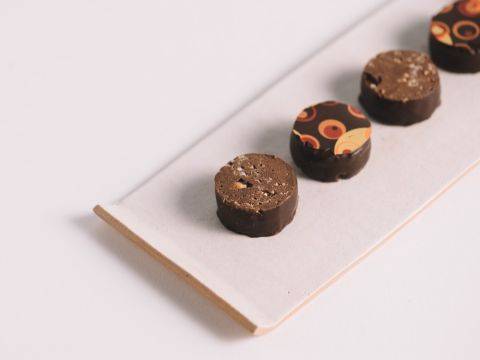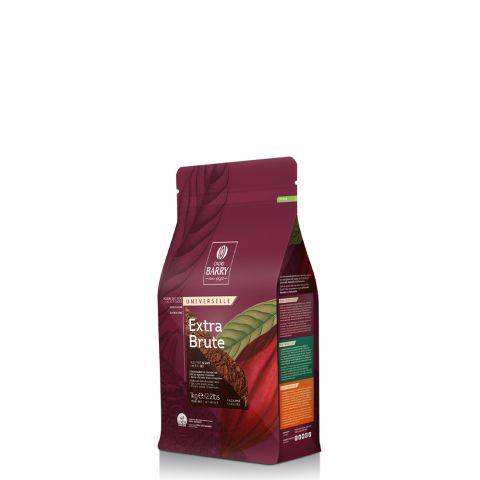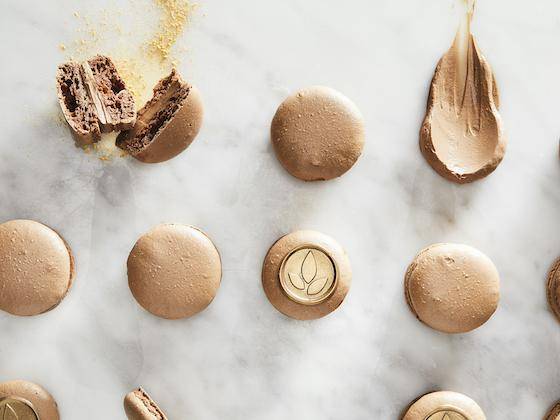Vegan vs Plant-Based vs Dairy-Free. What's the Difference?
Vegan vs Plant-Based vs Dairy-Free. What's the Difference?

Today's customer wants treats that are indulgent and good for them. Moreover, they seek to balance their health and wellness with that of other people and the planet. To be sure, there are lots of times when a person wants to focus on indulgence alone!
If offering delicious, decadent confections that support your customers' desires for healthy indulgence is your goal, confections and desserts made with plant-centric ingredients can check all the boxes.
What Does it Mean to be a Vegan?
Veganism is one of the strictest diet choices - no ingredients directly from animals or where animals are used or harmed in processing. This means no meat, fish, or dairy, but also no white cane sugar and no honey. For some vegans, even certain vegetables, fruits, and nuts are off-limits. Trust your customers to know their boundaries, and be sure you and your staff are prepared to answer questions about ingredients.
In food labelling, a vegan claim means no ingredients of animal origin are used. That means no eggs, dairy, meat, or derivatives such as gelatin. It is important to note that "vegan" does not exclude traces of ingredients from animal sources inside the product. The exact amount allowed depends on local legislation.

How is a Plant-Based Diet Different from a Vegan One?
A plant-based claim means exactly the same as a vegan claim: no ingredients from animal origins are used; only plant-derived ingredients are used. Similarly, there is currently no strict legislation on plant-based claims.
Oreos are vegan, and so are many french fries. However, neither of these is considered "plant-based." Some would argue that not all plant-based diets are vegan. A person who adheres to a vegan diet may not consume primarily plant-based foods. The key to these items is to keep the ingredient list simple and celebrate the ingredients' origins. Fruits, nuts, veggies, and grains all offer great taste and opportunities to add texture - what's not to like?

What does Dairy-free Mean?
Dairy-free is different from the first two claims. First, dairy-free is the strictest standard in the market when it comes to guaranteeing the absence of dairy in your recipes or products. No detectable traces of dairy whatsoever are allowed. Dairy-free products must be made in a segregated facility where no dairy ingredients can enter, be stored, or be processed.
Not using butter or cream may feel like a major restriction, but the number of alternative products keeps growing, and the quality of these products continues to grow as well.






